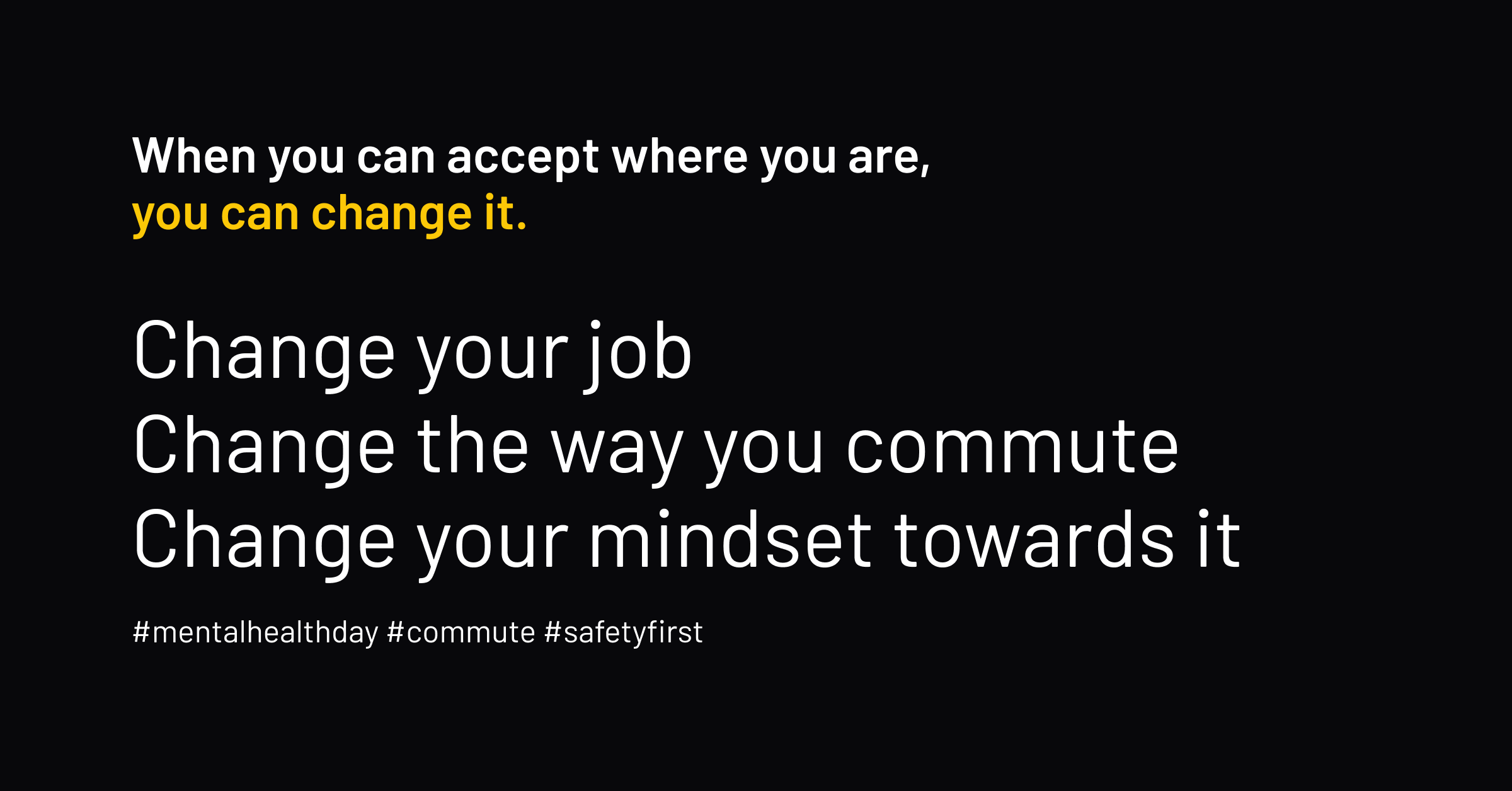
Office hours is an urban phrase that is universally stress inducing. It’s effects are the closest that we have gotten to teleportation. Just mentioning office hours transports us into the smoke, heat, and all round acidic stimuli, of noisy, choked streets. For a country that spends more time commuting to work than almost every other country, the research on its effects on mental health, would presumably be overflowing out of psychology journals, and universities.
“Sadly there is a dearth of research that has been done on the topic in India.”
It was a nervous beginning to an interview with Shreya Mishra (Psychotherapist) about mental health and commuting. Fortunately, as a PhD scholar, she was certainly open to the idea of a hypothesis. “In Indian cities, different socio economic structures clash when they are traveling. With the state of public transport, it would be safe to say that there is a strong correlation between several mental health problems and commute. And it’s probably worse than it is in most countries, like Australia and America and Europe where research has been conducted.”
Priya Thammaiah (MSc Counselling Psychology), refers to commutes of ninety plus minutes as “mega commute”. In her professional capacity, she thinks many similar problems both psychological and psychosomatic (that begin from the mind and manifest on the body) as problems arising from commute “Insomnia, feeling anxious or on edge, all the time. Stress, heart related issues, lung related issues, shortness of breath. At work you don't feel relaxed. It takes a toll on your productivity.”
As the country begins to return to work, a new stressor now lurks in our midst in the form of the COVID virus. In Shreya’s opinion “if a forty-minute commute was long before, thanks to the virus, I would say even twenty minutes is too long now. The stress of contracting is never ending. Organizations have to take the responsibility of providing that safe environment where people can feel a little relaxed while traveling to work”
Many organizations have contacted us at Cityflo for precisely this cause. More than eighteen companies have trusted us with over 800 of their employees. To us this is vindication of the work we do. But in reality, it is merely a drop in a vast, vast ocean. And the ocean according to Priya, could really benefit from more such drops.
“It’s just like providing the best infrastructure for your employees or workshops from different professionals to improve the quality of an employee’s productivity. People carry happiness and wellbeing to their workspace. It has a direct impact on productivity.”

But the realities of traveling to work in Mumbai, are uncomfortably closer to the video that recently went viral, of a train compartment packed tight with people. In it the feeble protection of flimsy masks and optimism were all that separated scores of Mumbaikars, from an omnipresent, invisible enemy.
Just looking at it causes anxiety,” sighs Shreya. “Working from home is a luxury. Social distancing is a privilege”. She draws from her own personal experience and cites how even in the community of working professionals there is a sad hierarchy of gender. “Women desperately need a safe environment. That feeling of safety. Which they don’t even get in the local trains in the ladies compartment. I have travelled in them. I never want to do that again.”
One day soon, Shreya’s school will reopen. When it does she will be driving from her home in Kharghar to Bandra.” “Driving will be stressful. Paying for petrol will burn a hole in my pocket. Another stress. But there is little I can do.”
What can be done is a question that sadly has no substantive answer. Priya recommends making constructive use of the time, using it to prepare the mindset for the working day ahead. On the way home, to unwind. “Pay the bills, listen to an audiobook, or practice guided meditation. Maybe learn a new language.”
In a country where mental health is yet to escape taboo let alone become an active part of conversation, both Priya and Shreya make a simple, yet elusive point about acceptance. “When you can accept where you are, you can change it. Change your job, change the way you commute, or change your mindset towards it.”
One such change was made by Shreya’s husband very recently.
“I have seen my husband being so much more relaxed. Because we live in Kharghar and he used to change 3 trains early in the morning. And trains even early in the morning are not empty. So for me I could see that shift in his behavior when he would not be irritated. I used to feel happy, because at least, he is getting his sleep and rest. He doesn't have to stand for hours.”
The change that Shreya’s husband had made was to start traveling to work on a Cityflo bus.